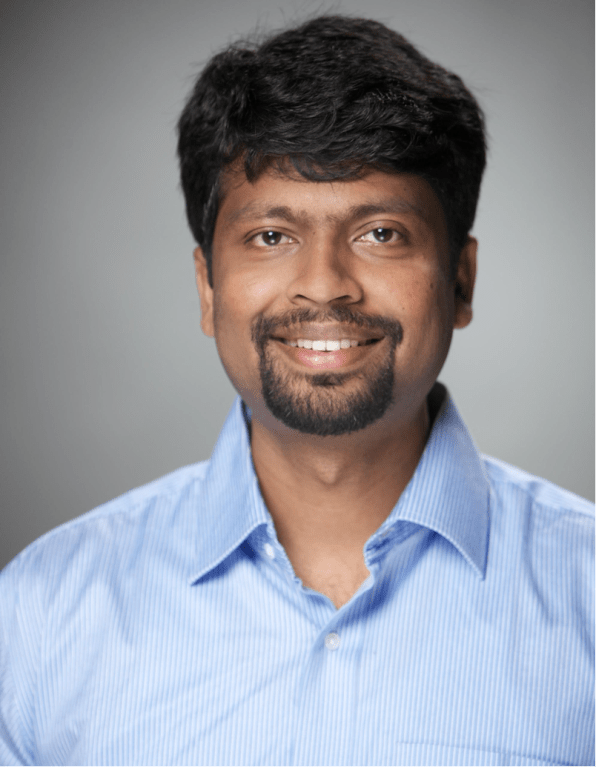How AI is helping top tech talent connect with the best opportunities
Despite what’s happened to the world economy over the past year—and the continued uncertainty of what lies ahead—when it comes to hiring top talent it remains a job candidate’s market. The current focus of the conversation is around the impact of artificial intelligence on hiring practices. However, there are some key considerations that demonstrate the immense amount of choices talent will always have.
Right now, two seemingly contradictory things are happening in business.
Artificial intelligence is growing tremendously. According to statista, AI is growing approximately 54 percent annually and will be “one of the next great technological shifts, like the advent of the computer age or the smartphone revolution.”
Humans are not becoming less important. Organizations are becoming more sophisticated about measuring the value, impact, and importance of people. In turn, talent—or human resources or the management of workforces—is receiving more attention. PwC reports that “what used to be a slow-moving corporate technology space is now a $148 billion market of HR cloud solutions to address the needs for the future of work.”
THE OPPORTUNITY
Knowledge workers may not be aware of the impact AI is quickly making—and will continue to make—in the way large enterprises manage their workforces.
AI is helping companies:

Find the best fit for their skills within their chosen careers. For too long, talent has been managed poorly, often relying on inaccurate job descriptions, uninformed interview processes, and leaning too heavily on writing the best CV. AI holds the promise that people can reach their potential, which benefits their employers as well.
End the emphasis on “who you know.” Connections and networks have ruled the employment world for decades. AI has the power to change that and home in on people’s capabilities as the basis of hiring and promotion decisions.
Allow people to apply their capabilities to new industries. For so long, people have been laid off through no fault of their own. They worked in declining industries, and have struggled to translate their capabilities to new roles in new industries. AI changes this. Think about a restaurant employee who has worked for 20 years at one place, only to lose a job. They may feel like all they know is food and hospitality. AI, having analyzed so many careers, understands that the person knows how teamwork, inventory, supply chains, budgeting, and other skills can be applied to a different industry. It can match them to a new job based on capabilities and potential.
HOW IT HAPPENS
AI is making an impact in all of the ways companies manage work, from hiring and succession planning to retention and learning. It is replacing Boolean keywords with neural networks that are providing opportunities to employees they never had before.
AI requires massive amounts of data. In some cases, it has been used to examine more than a billion careers, and more than a million skills. By using neural networks, AI can crunch that anonymized data and learn about people and their career potential like never before. The AI can see that if a person worked at a company during a certain set of years, they are very likely to have a certain set of skills—which that person easily could have left off their CV, thereby missing out on a chance of being selected for a job.
Take two potential job applicants, for example. One worked as a project manager for Google for five years. Another was at Uber during that time. If it has enough data, the AI knows a lot about each of their work histories, and how they’re different, even if they had the same title. It has seen so many people with their capabilities come and go from these companies, that even without a complete CV, it is able to infer skills about people based on their titles, and the time and place they worked.
The AI can also see “adjacent skills” and other relationships between skills. If a person knows one computer language, the AI knows it can pick up a similar one. Only advanced AI can do this. Only now do we have the technology to truly see someone’s potential and capability. This offers the promise of a great career to everyone based on what they can do, not who they know.
THINK LONG TERM
There are a lot of “hot” technologies a knowledge worker and an engineer can work on right now. The use of AI to improve people’s careers and to shape the future of talent is here to stay. Providing opportunities to people based on their potential will improve large businesses and every organization going forward.
You can learn more about how to make an impact in this growing field here.
Vinodh Kumar Ravindranath is the head of artificial intelligence at Eightfold AI.
(23)



